Blogs
Insightful Background Checks Data


Address History Background Check: Why It Matters
In the world of hiring and In the world of hiring and background checks, employers rely on various tools to

What Is a CDLIS? Complete Guide to Commercial Driver’s License
CDLIS Guide In the world of commercial driving, safety, compliance, and accountability are critical. One of the most powerful tools

AI in Employment Background Verification Future Trends – Evalright
The Future of Hiring: AI’s Impact on Employment Background Verification Employment Screening Introduction:In today’s fast-paced world, the role of artificial

Future Trends in Background Checks & Employment Screening
Background Checks Future Trends in Employment Screening and Background Checks In the evolving landscape of human resources, employment screening, and

Background Checks Importance: Why They’re Essential in 2024
Background Checks Background checks are more important than ever for employers in 2024, helping to mitigate risks, ensure compliance, and

Healthcare Background Checks | The Healthcare Credentialing Process
Healthcare Background Checks | The Healthcare Credentialing Process – EvalRight Healthcare Credentialing Healthcare Background Checks In the healthcare industry, ensuring

